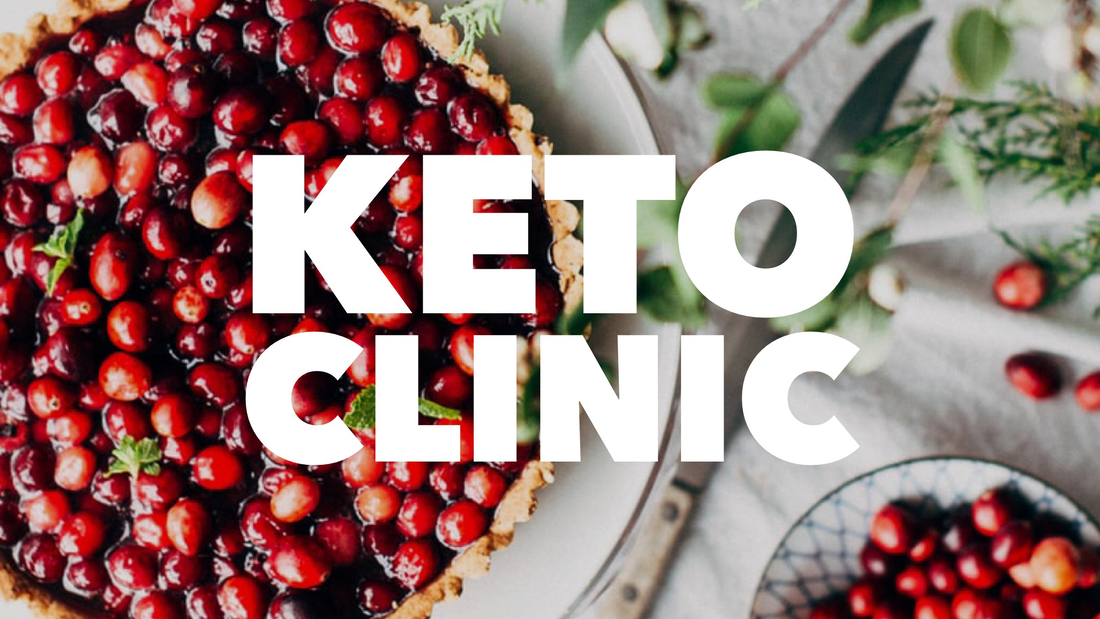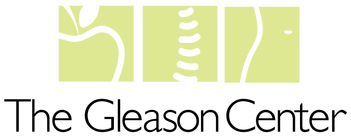|
By: Gleason Center Editors, Dr. Daniel Gleason DC Can We Starve Cancer? In this month's newsletter, Dr. Gleason tackles How To Starve Cancer and shares his take on the popular book. Read more to find out how your diet can be a powerful ally in the fight against cancer. Have you heard that “cancer can only use glucose for fuel”? Otto Warburg first made this observation in the early 1900’s for which he received the Nobel Prize in 1931. He noted that cancer cells have altered metabolism and that all cancer cells have damaged and diminished mitochondria. For more on this, I recommend the excellent book Tripping Over the Truth, The Metabolic Theory of Cancer by Travis Christofferson. The concept of damaged metabolism in cancer was put on the back burner for many years by cancer researchers who were looking to the DNA for a cure. They were solely looking at the cell nucleus, where the DNA lives, for answers to the proliferative nature of cancer. Carcinogens were thought to act primarily on the DNA, which in turn told the cells to grow rapidly, to invade the surrounding tissues, and to metastasize to other areas of the body. Carcinogens also damage other parts of the cell, particularly the mitochondria, as Warburg observed. While cancer cells prefer glucose it is not an absolute truth that cancer can only burn glucose. Cancer cells can adapt and find ways to use fats and glutamine (an amino acid protein) to support their rapid proliferation. For a great introduction to this phenomenon I recommend the book How To Starve Cancer by Jane McClelland. In this book, she describes her personal journey finding ways of starving her stage four cervical cancer. In it she shares her struggles with the medical system as well as her discoveries of the multiple ways cancer feeds itself. She rediscovered ways of using off-label, older medications to prevent cancer from getting the food it needs, She says that this weakens the cancer helping other therapies help in fighting the tumors and giving the immune system time to kill off the cancer. She presents the concept of the cancer stem cell that I was unaware of. Most traditional cancer therapy is focused on killing the rapidly growing cells using surgery, radiation and chemotherapy. While these approaches may be initially effective at reducing the size of the tumors, they do not affect the cancer stem cells that caused the problem in the first place. These radical procedures can have serious side effects and often make the cancer return with a vengeance. Conventional treatments have made little progress in long-term survival rates of the most common types of cancer in the last 50 years. McClelland postulates starving these stem cells using diet, supplements and/or off-label medications. Cutting off its food supply thus weakens the cancer. She suggests a three pronged approach, one prong each for reducing the three sources of foods that cancer can use: 1) Glucose, 2) Fatty Acids, 3) Glutamine. Glucose To reduce overall blood glucose levels and limit post-meal glucose spikes she recommends a low carb/low glycemic index diet. She also recommends the medications Metformin and Doxycycline at mealtime along with exercise immediately after meals to limit blood sugar spikes that feed the cancer. She suggests several other prescription medications including DCA, 2-DG and 3-BP. She also suggests several nutritional supplements that help keep blood glucose low and limit post-meal glucose spikes. These include Berberine, Fenugreek, Ginseng, Gymnema, Banaba, Kudzu, Cinnamon, DHEA, and Artemisia. Fatty Acids To reduce fatty acids in the blood she recommends a healthy fat diet that is also low in carnitine (lamb, beef). She recommends the medications Metformin, low dose Aspirin, Doxycycline, Mildronate and Lovastatin. She recommends the same supplements listed above under glucose as well as White Willow Bark, Curcumin, Red Yeast Rice, Guggulipids and Polycosanol. Glutamine To reduce glutamine she recommends a diet lower in meat, seafood, milk, nuts and protein drinks. The medications she suggest include Metformin, Niclosamide, Doxycycline, Chloroquinone, Claritin, Dipyrimadol, Asparaginase and BTPES. Supplements include those mentioned above as well as Green Tea, EGCG, Ursolic Acid, Curcumin and other anti-inflammatory herbs. She suggests using a regimen like this for a period of three to four months to aggressively starve the cancer. This can be done along with much lower doses of chemo, intravenous Vitamin C, hyperbaric oxygen therapy, ultraviolet blood treatments, etc. to possibly eradicate the root problem (i.e. the cancer stem cells). Recommended Reading: How To Starve Cancer by Jane McClelland Tripping of the Truth by Travis Christopherson Other Resources: Jane McClelland on Facebook The Care Oncology Clinic in London, UK. Mark A. Rosenberg, MD at Advanced Medical Therapeutics of Boca Raton, FL. Daniel Thomas, DO, MS Mount Dora, FL. If you like this post, you might also enjoy: Bach Flower Remedies
0 Comments
Leave a Reply. |
CONNECT WITH US!Follow us on Facebook for weekly inspiration, newsletters, recipes, and giveaways!
CATEGORIES
All
SEARCH THE BLOG |
Take the first step. We're ready for you.
616-846-5410
M/W/F 8:00am - 5:30pm
Closed 12:30pm - 1:30pm (Lunch)
T/Th 8am - 1pm
Sat/Sun Closed
Home | Order Supplements | Privacy | Terms | Contact | Facebook | Review Us
M/W/F 8:00am - 5:30pm
Closed 12:30pm - 1:30pm (Lunch)
T/Th 8am - 1pm
Sat/Sun Closed
Home | Order Supplements | Privacy | Terms | Contact | Facebook | Review Us
Information and products offered here are not intended to diagnose, treat, cure, or prevent any disease. Statements have not been evaluated by the FDA.
© 2023 The Gleason Center
© 2023 The Gleason Center



